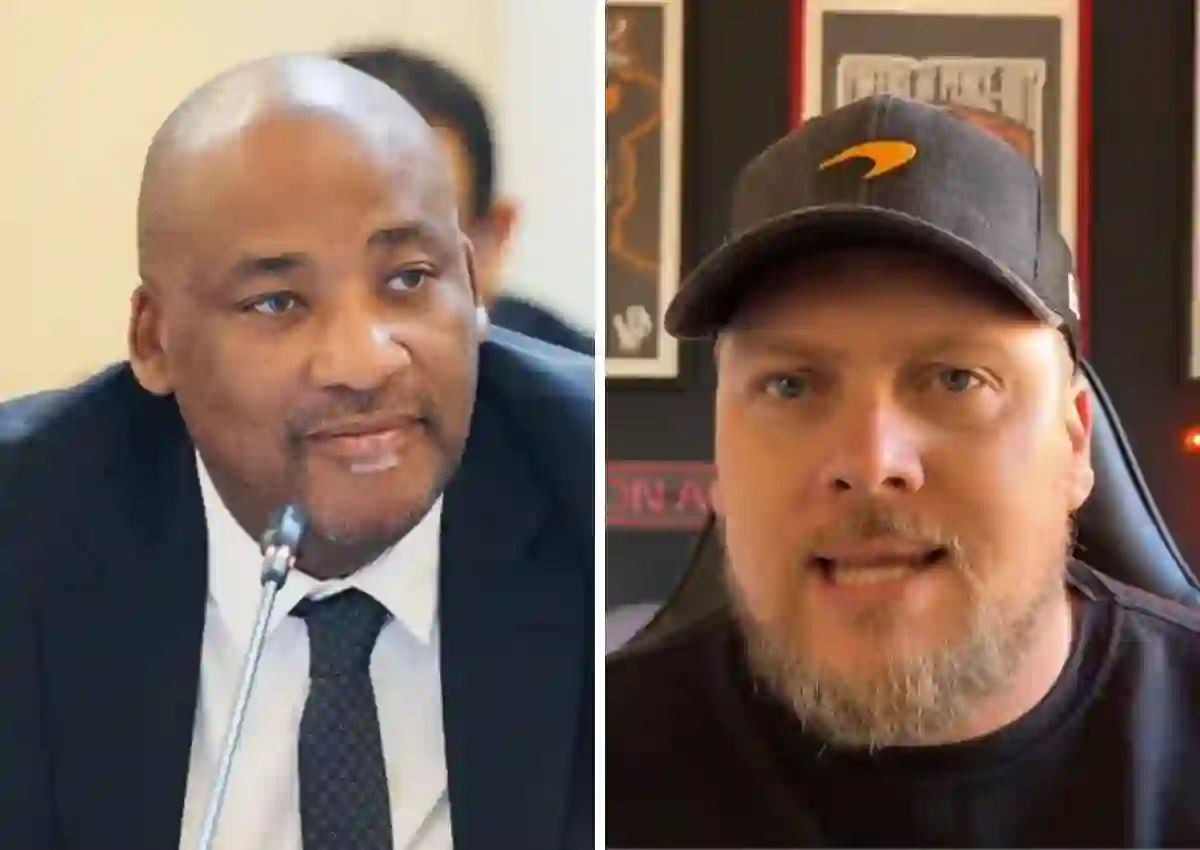A political storm is brewing after it emerged that Patriotic Alliance leader and Minister Gayton McKenzie will not face an official probe over his past use of the K-word on social media.
The decision has drawn sharp comparisons to the fate of former Democratic Alliance (DA) MP Renaldo Gouws, who was ousted from his position for similar reasons.
While Gouws faced swift action from his party, McKenzie’s case has been ruled outside Parliament’s jurisdiction – and the contrast is fuelling public outrage.
Why Gayton McKenzie’s Tweets Won’t Be Investigated
McKenzie’s old tweets – posted between 2013 and 2017 – have sparked calls from various political groups for him to step down as minister.
But according to Parliament spokesperson Moloto Mothapo, the ethics committee has no authority to investigate conduct that happened before someone became an MP.
“In terms of the parliamentary code, any misconduct prior to holding office does not fall within our scope,” Mothapo explained.
“No complaint has been opened by the registrar, and there is no competent case before the ethics committee.”
For now, this means McKenzie’s controversial remarks carry no formal political consequences, at least from Parliament’s side.
However, the South African Human Rights Commission (SAHRC) is expected to make its own statement soon.
Renaldo Gouws Speaks Out
The ruling has left many South Africans questioning why McKenzie walks away unscathed while Gouws lost his political career.
Taking to social media, Gouws clarified that his downfall came at the hands of the DA, not Parliament.
“It was the DA that terminated my membership after 13 years, due to social media and political pressure,” he posted on X.
Gouws explained that his own use of the K-word dated back to a 2010 YouTube video – three years before he joined the DA.
He says the party was aware of the video from the start, and had considered the matter resolved as far back as 2013.
A Clash Between Party and Legal Findings
The real fallout for Gouws came when the DA’s Federal Executive (Fedex) overruled the Federal Legal Commission’s recommendation that he remain an MP.
“Almost a year later, the DA still refuses to share the minutes of that meeting with me,” Gouws said, accusing the party of abandoning its commitment to transparency.
A Heated Question for the Public
The contrasting outcomes have sparked a heated national debate: should McKenzie have faced the same consequences as Gouws?
Supporters of equal accountability argue that political office should not shield anyone from repercussions, regardless of when the offence occurred.
Others believe the law must draw a clear line on what is and isn’t within its scope.
The question remains – is this justice, or just politics?
